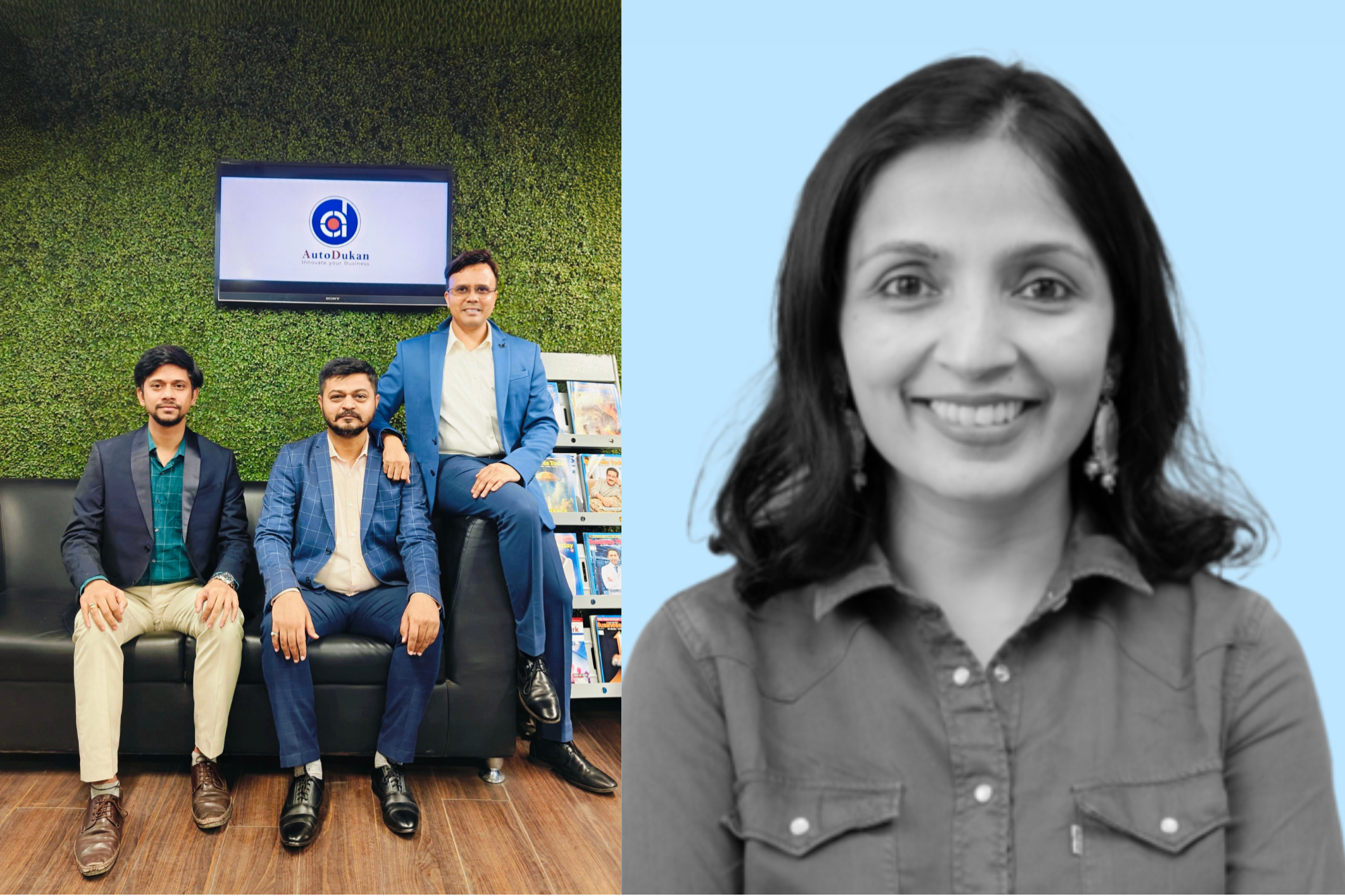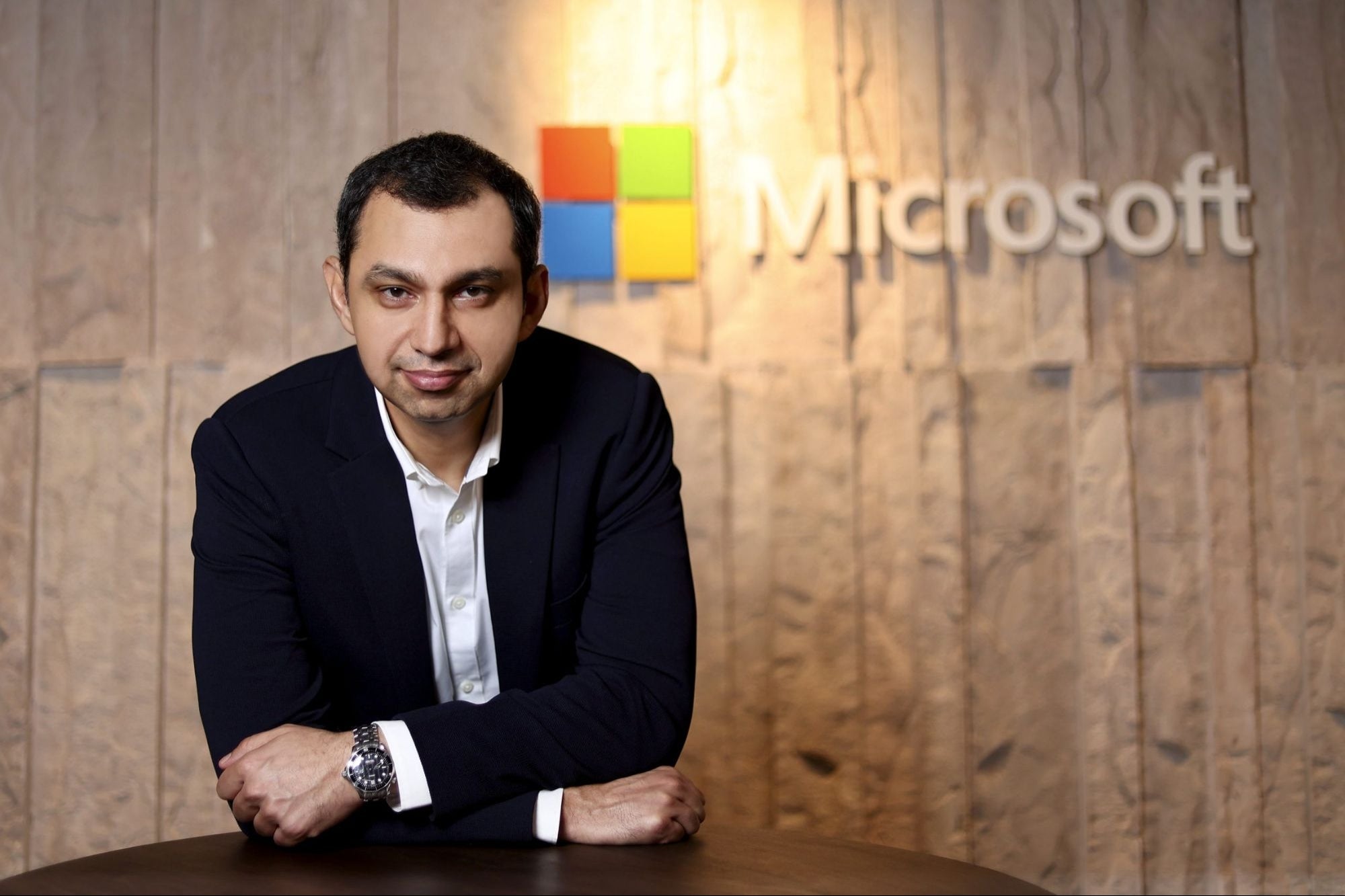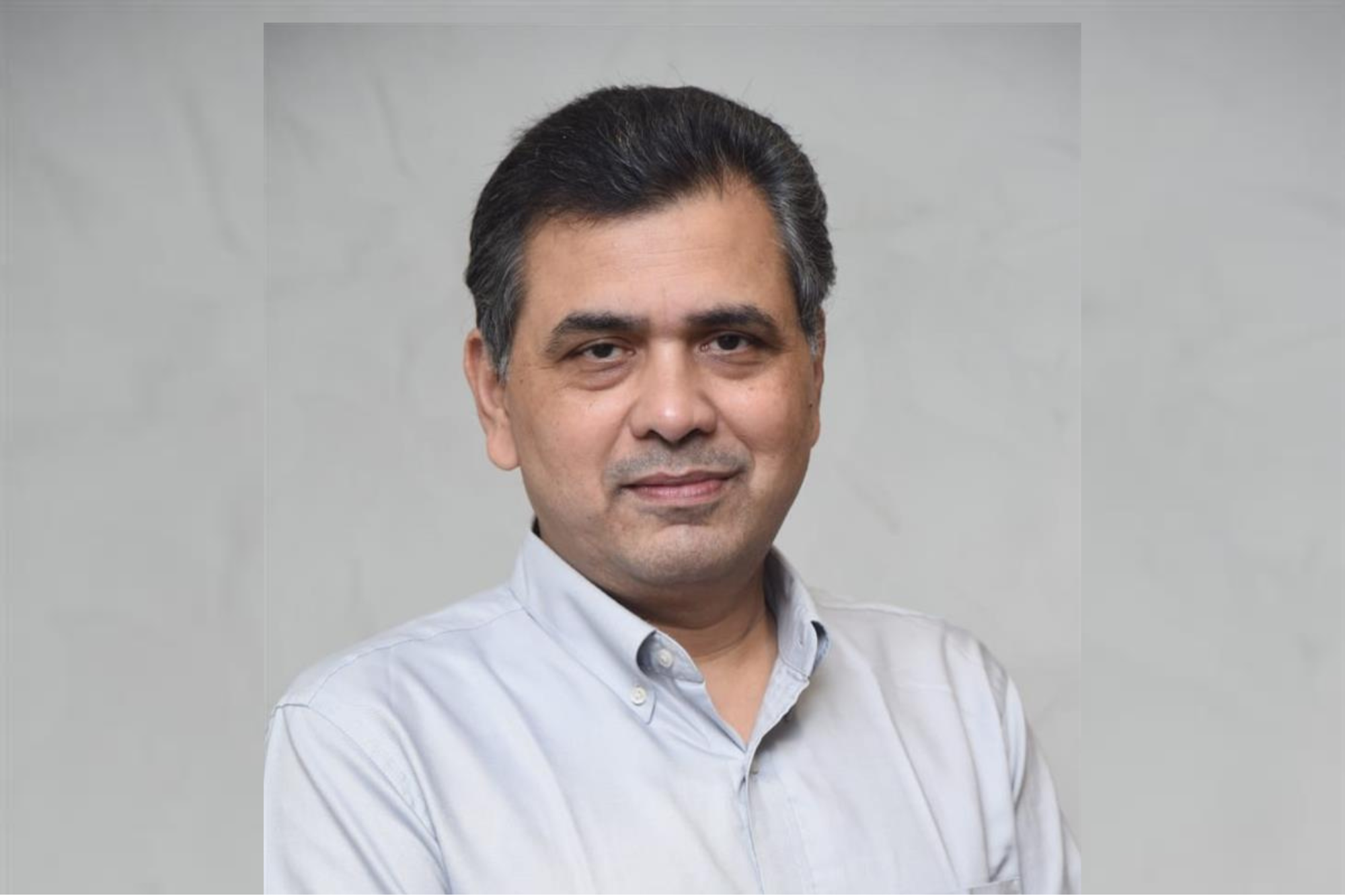What Will be VCs' Next Bet on Tech? "I believe India is at the start of its industrial decade, where hardtech and IP-led innovation will define global competitiveness," says Ashish Taneja, Founder & CEO, growX
Opinions expressed by Entrepreneur contributors are their own.
You're reading Entrepreneur India, an international franchise of Entrepreneur Media.

India has officially become the fourth-largest economy in the world, crossing the USD 4 trillion mark. It has expanded by 6.5 per cent in FY25, driven by a 7.4 per cent surge in the fourth quarter (January–March) and a revised 6.4 per cent growth in the third quarter (October–December).
"We are the fourth largest economy as I speak. We are a USD 4 trillion economy as I speak," BVR Subrahmanyam, CEO of Niti Aayog announced following the 10th Governing Council meeting of Niti Aayog.
"If we stick to what is being planned and what is being thought through, in 2.5–3 years, we will be the third largest economy," he further added.
While macroeconomic indicators validate India's rise, it's the startup ecosystem that acts as the innovation engine. In Q1 2025 alone, Indian startups raised USD 3.1 billion across 232 deals, a 41 per cent jump from the same period last year. This signals not just recovery but renewed investor confidence, particularly in transformative, high-impact technologies.
But the nature of what excites investors is rapidly evolving.
"We moved away from consumer blitzscale long ago," says Ashish Taneja, Founder & CEO at growX Ventures. "What excites us is deeptech with real-world defensibility—companies building satellites, chips, battlefield AI, and intelligent robotics. These aren't just startups, they're tomorrow's institutions."
The rise of india's industrial decade
India is now entering what many are calling its "industrial decade." Unlike the startup surge of the past that focused on rapid user growth and digital consumer platforms, the next wave will be defined by heavy engineering, core IP development, and national-scale tech missions.
"I believe India is at the start of its industrial decade, where hardtech and IP-led innovation will define global competitiveness," Taneja notes. "The breakout sectors in the next 3–5 years will be space-tech, defence platforms, semiconductors, AI-driven automation, and sustainable materials. And AI won't be a vertical anymore, it'll be the invisible OS powering them all."
Additionally, India's maturing capital environment is now more supportive of patient capital, investments with longer gestation periods, often needed for deep tech and hard science innovations.
Taneja reinforces this view, "I believe India's next global giants won't be built in garages. They'll be built in labs, fabs, and test ranges by founders chasing frontiers, not just funding rounds."
While AI continues to dominate headlines, venture capital firms are moving beyond general-purpose models toward more targeted, real-world applications. "The next chapter of AI in India won't just be about building big language models," says Gaganpreet Luthra, Operating Partner at Leo Capital. "Domain-specific AI is picking up steam especially in high-stakes sectors like finance, healthcare, and legaltech where precision and compliance are non-negotiable."
This shift is part of a broader trend toward deeptech and industrial innovation that's uniquely suited to India's evolving tech landscape.
Somshubhro Pal Choudhury, Co-Founder & Partner at Bharat Innovation Fund, echoes this momentum. "We've backed startups ranging from industrial AI and GenAI sales companions to molecular computing and artificial livers," he says. "Beyond AI, our focus includes quantum sensors, robotics, biotech, cleantech, and cybersecurity."
Further Som added that India's strength lies in its deep engineering talent, thriving research institutions, and increasingly supportive policy ecosystem. The biotech sector, he notes, is exploding with potential, much like IT did in the 1990s. And with initiatives like MeitY's semiconductor push and ISRO's space-tech enablement, hardtech is finally gaining ground. He sees the future in "affordable, orchestrated AI solutions" built for enterprises and mid-sized firms. These include low-resource, task-specific language models designed for real utility, not just scale.












